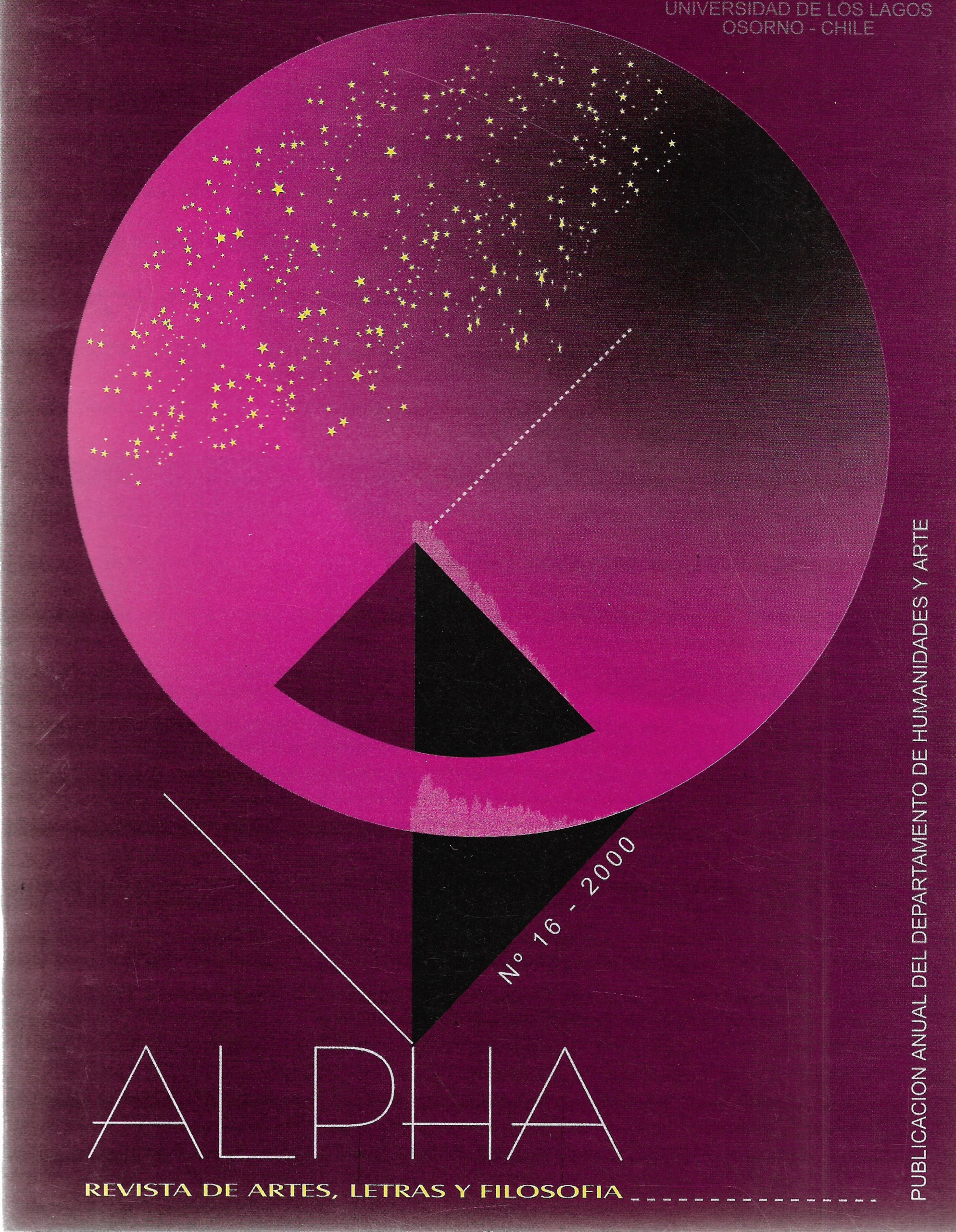The Dilemma of Historical Responsibility
Main Article Content
Abstract
The objective of this article will be to cross-reference the concepts of responsibility, freedom, and action as they appear in works by Maurice Merleau-Ponty and Hanna Arendt. In particular, an attempt will be made to reflect on the possibility of reaching a new understanding of the scope of the concept of historical responsibility to think especially about the so-called "crimes against humanity."
The general thesis will affirm the need to depart from the classical tradition that understands action as the prerogative of a free subject as rational; a subject who deliberates and decides, using the transcendental power of his understanding, to move to an understanding of responsibility and, therefore, of the criminal character of the act, based not on the evaluation of the subject's intention or the validity of his judgment, but in the concepts of situation and situated freedom. In summary, we wish to highlight that to judge the criminal nature of certain acts, the meaning that is completed a posteriori of the same, its historical meaning and not only or primarily, its a priori meaning, the intention that initiates them, must be evaluated.
